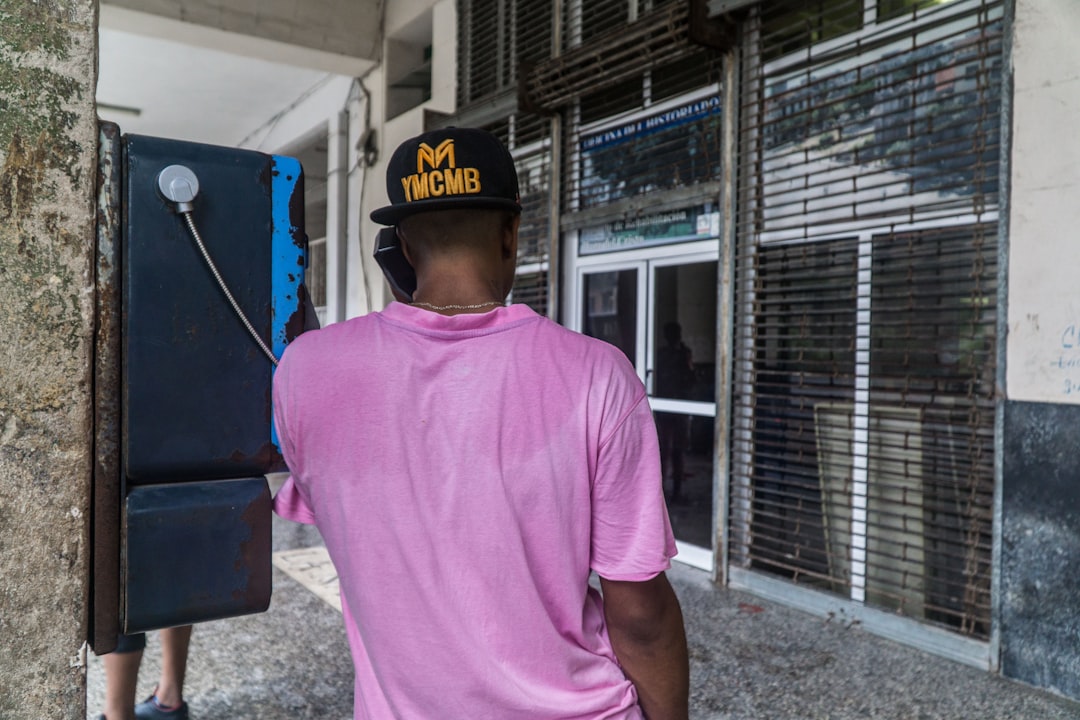Louisiana offers robust protection against spam texts through strict laws and specialized legal assistance. Residents can report unsolicited messages to 'Spam Call' law firms and consult lawyers expert in spam texts and 'Do Not Call' regulations. By knowing their rights and engaging appropriate legal help, Louisianans can combat deceptive texting practices and uphold respectful communication.
Louisiana has implemented strict rules against deceptive text messages, offering legal recourse to victims of spam texts. Understanding these laws is crucial for residents to protect themselves from unwanted communications. This comprehensive guide explores Louisiana’s spam text laws, the rights of victims, and practical steps to navigate and defend against such intrusive messages. If you’ve fallen victim to deceptive spam texts or need guidance on how to proceed, consult a seasoned spam texts lawyer in Louisiana for expert advice and representation.
Understanding Louisiana's Spam Text Laws: A Comprehensive Overview

Louisiana has implemented strict regulations to combat deceptive text messages, often referred to as “spam texts.” These laws aim to protect residents from unsolicited and misleading communication, ensuring they have control over their phone lines. The Spam Call law firm in Louisiana actively enforces these rules, making it a criminal offense for businesses or individuals to send spam texts without proper authorization.
The Do Not Call law firms in Louisiana play a vital role in upholding these regulations. If you receive unsolicited text messages promoting products or services, you have the right to report them. Many spam texts lawyers in Louisiana specialize in these matters and can guide you on how to file a complaint. The laws regarding spam texts in Louisiana are comprehensive and designed to safeguard consumers from intrusive and deceptive marketing practices, ensuring that communication remains respectful and consensual.
Legal Recourse for Victims of Deceptive Text Messages in Louisiana

Victims of deceptive text messages in Louisiana have legal recourse and protection under state laws designed to combat spam calls and texts. If you’ve received unsolicited, deceptive, or fraudulent text messages promoting products, services, or scams, there are steps you can take to seek justice. Engaging a lawyer specializing in spam texts and Do Not Call laws in Louisiana is a crucial first step. These legal professionals can help navigate the complex regulations governing telemarketing practices, including the Telephone Consumer Protection Act (TCPA).
A spam text lawyer in Louisiana can assess your case, determine liability, and pursue appropriate legal actions against the offending parties. This may include filing a lawsuit to obtain damages, seeking injunctive relief to stop further spamming, or reporting violators to relevant authorities. The laws in Louisiana are designed to empower individuals and provide financial compensation for those harmed by deceptive text messages, ensuring that businesses adhere to ethical marketing practices.
How to Navigate and Protect Yourself from Unwanted Spam Texts in the Pelican State

Navigating the vast amount of text messages in our daily lives can be challenging, especially when it comes to unwanted spam. In Louisiana, there are strict laws against deceptive text messages, also known as spam texts, designed to protect residents from unsolicited and harassing communication. If you’re facing an influx of these messages, there are steps you can take to protect yourself.
First, familiarize yourself with the local Spam Call law firms in Louisiana and the Do Not Call laws implemented by the state. These regulations empower you to register your number on the ‘Do Not Call’ list, which significantly reduces spam texts. Consulting a spam texts Lawyer or Attorney in Louisiana who specializes in these laws can also be beneficial. They can guide you on how to handle persistent spam calls and even help you take legal action if necessary. Remember, knowing your rights and taking proactive measures is key to staying safe from deceptive text message campaigns.






